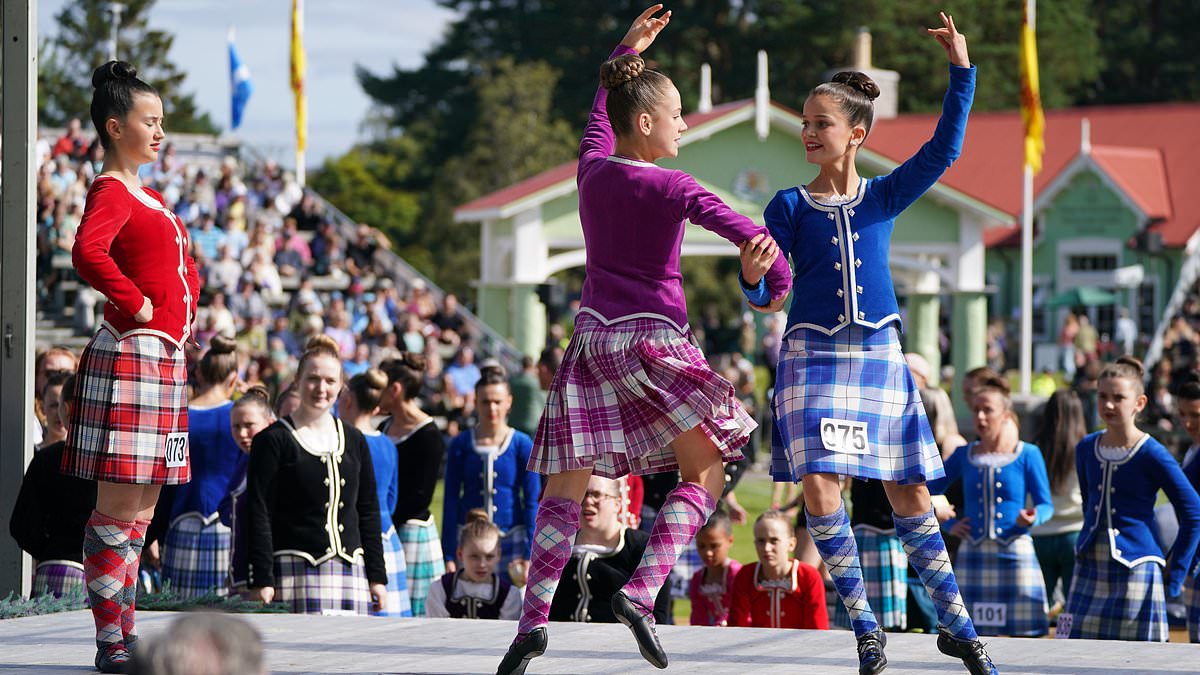The modern Highland Games have been a fixture since the 19th century, enjoyed by everyone from farm hands to royalty.
But new research suggests the roots of the Games can be traced back to Tudor times – when they were used to prepare soldiers for combat.
The revelation emerged in a recently discovered manuscript written by Giovanni Portinari – an Italian who appears as a minor character in Hilary Mantel’s Wolf Hall trilogy about Henry VIII and his scheming adviser Thomas Cromwell.
In Mantel’s The Mirror and The Light – adapted into a new BBC One series starring Mark Rylance as Cromwell and Damian Lewis as Henry – Cromwell employs Florentine military engineer Portinari to blow up the great Cluniac monastery of Lewes in Sussex as part of the dissolution of monasteries.
The manuscript of more than 42,000 words, which Portinari wrote for Queen Elizabeth I – a fluent Italian speaker – describes a precursor to the modern Highland Games, which experts believe may be the first reference in the historical record to the custom.
Portinari, who could speak Scots and worked for the French monarchy at a time when Mary, Queen of Scots was also Queen of France, wrote in Italian that ‘on holy days… armies exercise pleasurably and enjoyably…wrestling, archery, running, tossing the caber.’
He adds: ‘It will prove useful for the service of the prince and the defence of the kingdom.’
Portinari, who had knowledge of the Scots language and customs, appears to have been describing an early version of the Games for Elizabeth.
Last night Chris McGovern of the Lewes Priory Trust, who unearthed the 1568 manuscript in Oxford University’s Bodleian Library, described its discovery as a ‘Dan Brown moment for fans of Mantel’s [Wolf Hall] trilogy’.
He said: ‘The “games” which he outlines as a means of keeping soldiers occupied may be seen as a precursor to the modern Highland Games.
‘Although the modern Games developed during the 19th century, their origins are likely to have been considerably earlier.’
